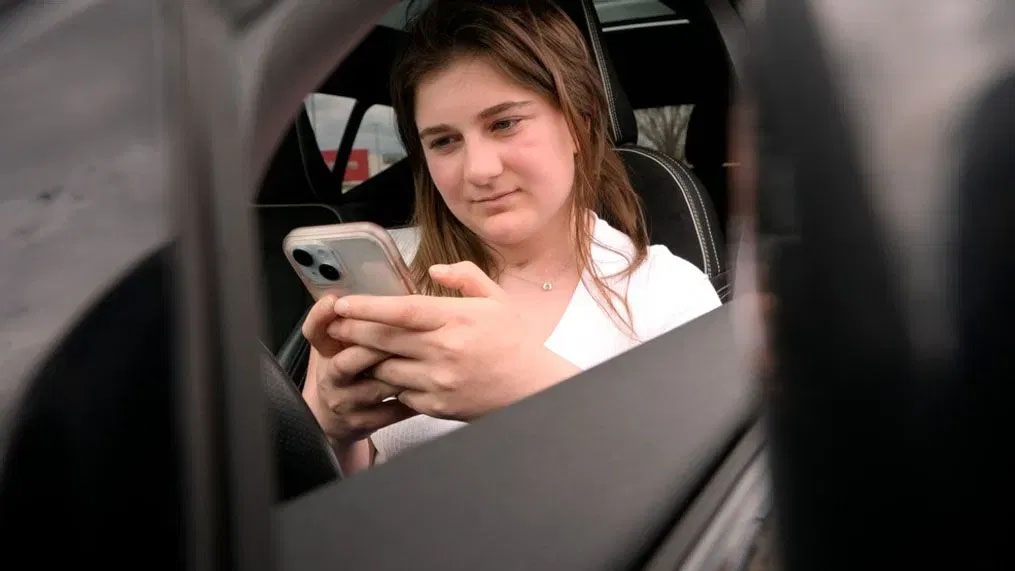
AI HELPS RESTORE A WOMAN'S VOICE


Photo Credit: Getty Images A polio outbreak has been declared in Papua New Guinea by the World...
Photo Credit: Getty Images Every year on March 20, people around the world come together to...
Photo Credit: Getty Images Two people have died in Texas amid a rapidly spreading measles...
Photo Credit: Getty Images A nationwide listeria outbreak linked to recalled frozen supplemental...
Photo Credit: Getty Images Antibiotics have long been hailed as lifesavers, but the rise of...
Photo Credit: Getty Images Since its outbreak, Mpox, previously know as monkey pox, has recently raised...
Photo Credit: Getty Images A startling report has uncovered a troubling trend: weight loss drugs...
Photo Credit: Getty Images Germany has seen an explosion of cases of bluetongue virus this year,...
Photo Credit: Getty Images Pharmaceutical giant Pfizer announced plans to advance a reworked,...
A South Korean politician has been controversial and has been criticised for making "dangerous and...
Photo Credit: Getty Images Francia Raisa has opened up about her recent health challenges...
Photo Credit: Getty Images Christina Applegate has been candid about her struggles with multiple...